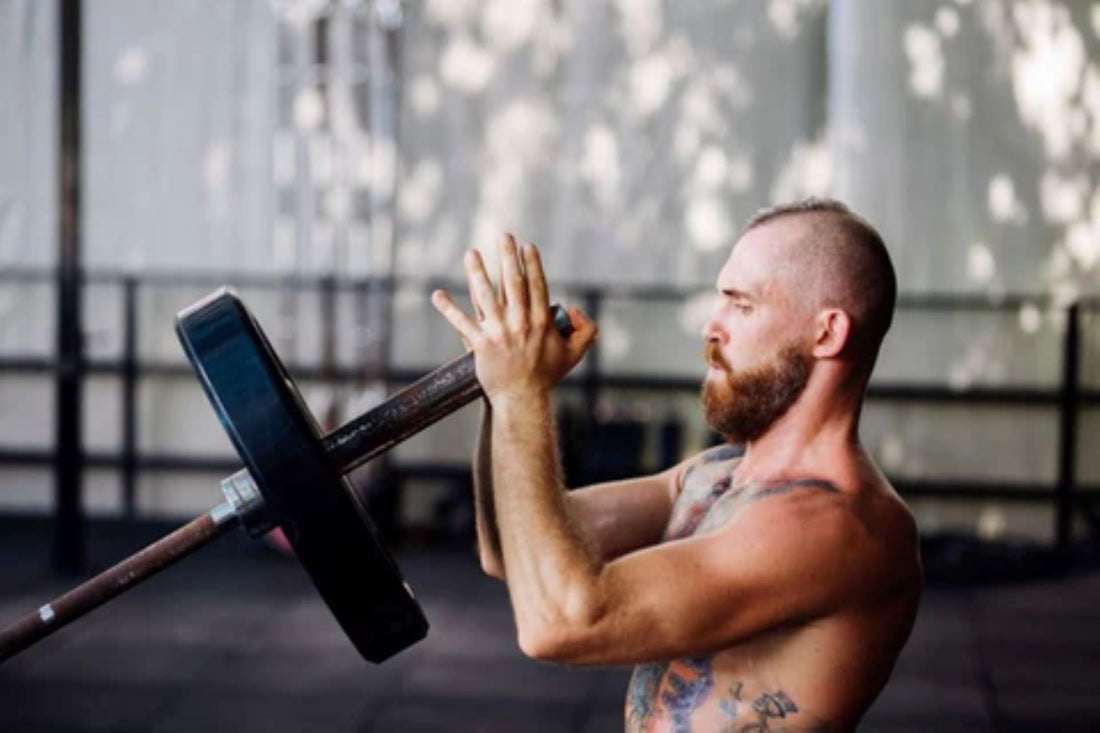
Is body building good for health? This question often arises in fitness circles, and the answer is multifaceted. From sculpting a visually appealing physique to enhancing overall well-being, bodybuilding can be transformative. However, like any intense physical activity, it comes with its set of challenges and considerations. Let's dive deep into understanding how bodybuilding impacts health, both positively and negatively.
The Physical Benefits of Bodybuilding
Bodybuilding involves a regimen that combines weight training, nutrition, and rest. This holistic approach offers a wide array of physical benefits:
- Muscle Development: Regularly lifting weights encourages muscle hypertrophy, leading to stronger and more defined muscles.
- Bone Health: Weight-bearing exercises stimulate bone growth and strengthen the skeletal system, reducing the risk of osteoporosis.
- Metabolic Rate: An increase in muscle mass boosts basal metabolic rate (BMR), helping to burn more calories even at rest.
- Cardiovascular Health: While not typically associated with cardio, bodybuilding can benefit the heart and circulatory system when combined with aerobic exercises.
Mental Health Benefits
Physical health isn't the only area where bodybuilding can have a monumental impact. Here are some mental health benefits:
- Stress Relief: Exercise, including weightlifting, is known to release endorphins, the body's natural mood lifters.
- Improved Sleep: Consistent workouts can lead to better sleep patterns and quality of sleep.
- Self-Esteem and Confidence: Achieving fitness goals can significantly improve self-image and confidence levels.
- Mental Resilience: Bodybuilding teaches discipline and resilience, valuable traits for mental well-being.
Potential Risks and Considerations
While the benefits are numerous, it's important to be aware of the potential risks:
- Injury Risk: Improper form or overtraining can lead to injuries such as strains, sprains, and even fractures.
- Psychological Stress: The pressure to achieve certain body standards can sometimes lead to mental stress or disorders like body dysmorphia.
- Overtraining: Failing to allow adequate rest and recovery can lead to burnout and a decrease in performance.
- Supplement Abuse: The misuse of supplements, including anabolic steroids, can result in severe health consequences.
To mitigate these risks, it's crucial to be mindful of the following:
- Proper Technique: Always ensure that you are using the correct form to avoid injuries.
- Balanced Diet: Follow a balanced diet to support your training and overall health.
- Professional Guidance: Consider working with a certified trainer for personalized plans and advice.
- Regular Check-Ups: Regular medical check-ups can help detect any potential issues early.
One essential piece of equipment in bodybuilding is the smith machine, which is often used for safely performing various exercises like squats and bench presses.
The smith machine allows for controlled, guided movements which can be particularly useful for beginners or those recovering from injuries. Its design helps maintain proper form, reducing the risk of injury while still providing an effective workout.

Nutrition: The Backbone of Bodybuilding
A well-balanced diet is fundamental to any successful bodybuilding program. Proper nutrition aids in muscle recovery and performance. Here are a few key nutritional considerations:
- Protein Intake: Protein is essential for muscle repair and growth. Aim for a variety of protein sources, including lean meats, fish, eggs, and plant-based options like beans and lentils.
- Carbohydrates: Carbs provide the energy required for strenuous workouts. Opt for complex carbohydrates like whole grains, fruits, and vegetables.
- Fats: Healthy fats are important for hormone production and overall health. Include sources such as avocados, nuts, and olive oil.
- Hydration: Staying hydrated is crucial for overall health and performance.
Customizing your nutrition plan to align with your specific bodybuilding goals can significantly enhance your results.
The Role of Rest and Recovery
Rest and recovery are often overlooked aspects of bodybuilding. However, they are as crucial as the workouts themselves:
- Muscle Repair: Muscles need time to repair and grow. Adequate sleep and rest days are essential.
- Preventing Burnout: Overtraining can lead to mental and physical burnout. Scheduled rest days help prevent this.
- Performance: Well-rested muscles perform better, leading to more effective workouts.
Conclusion: Is Body Building Good for Health?
So, is body building good for health? The answer largely depends on how you approach it. When done correctly, with a focus on proper technique, balanced nutrition, and adequate rest, bodybuilding can significantly enhance both physical and mental well-being. However, it's crucial to be aware of the potential risks and take steps to mitigate them. With the right approach, bodybuilding can indeed be a healthy and rewarding activity.



















